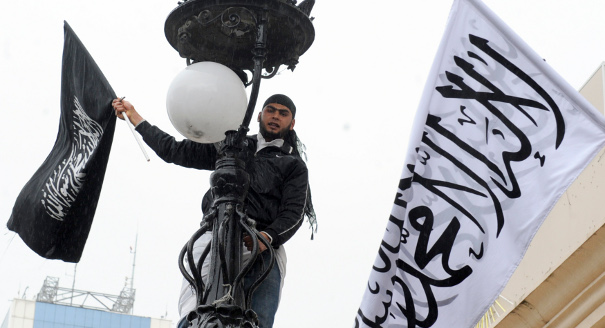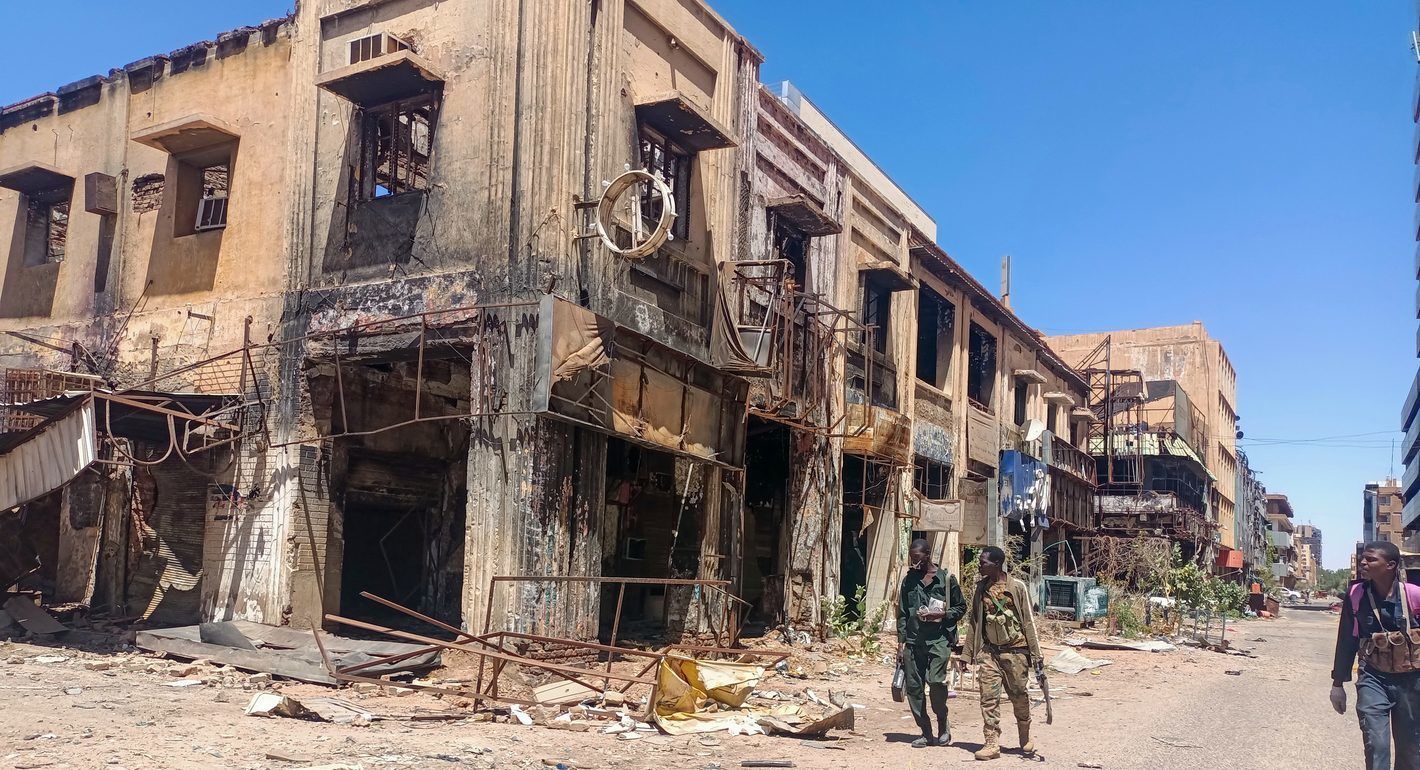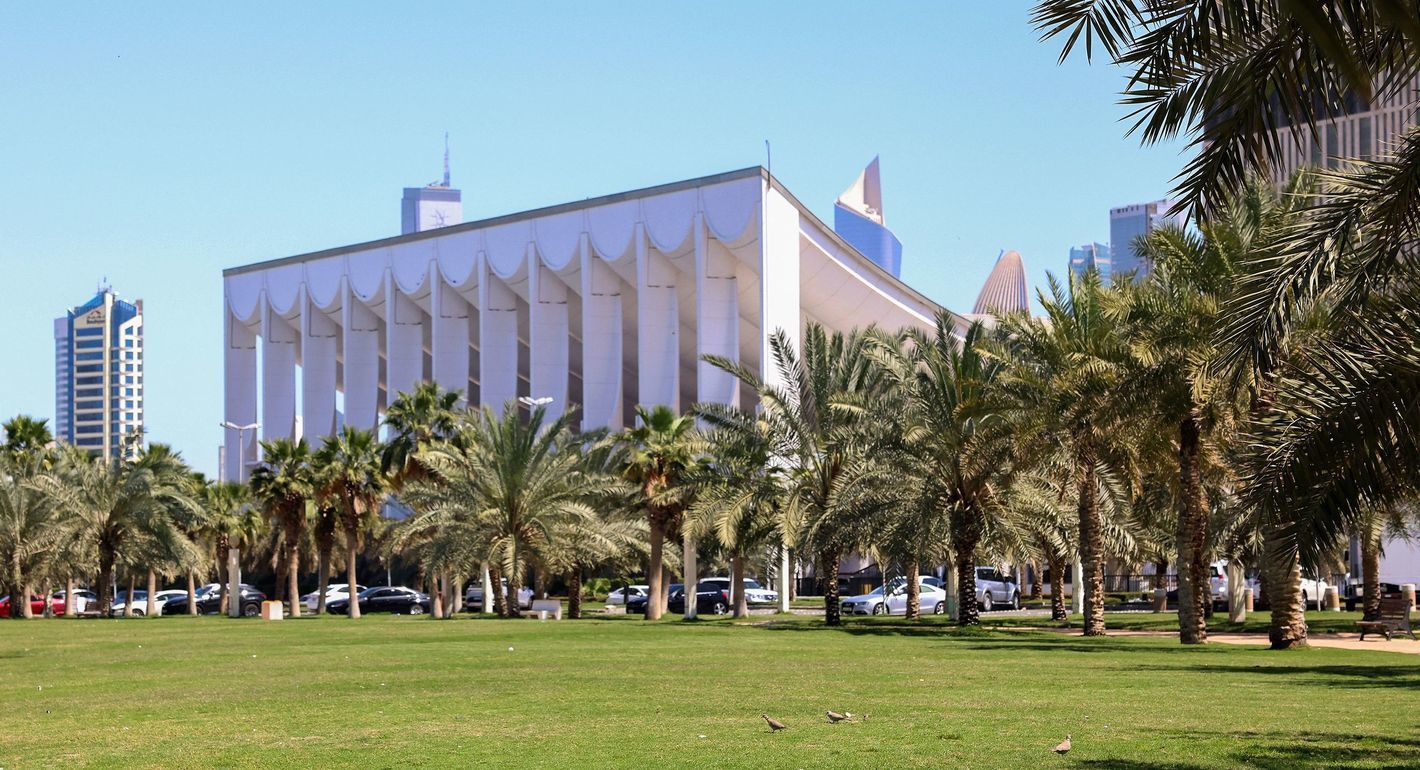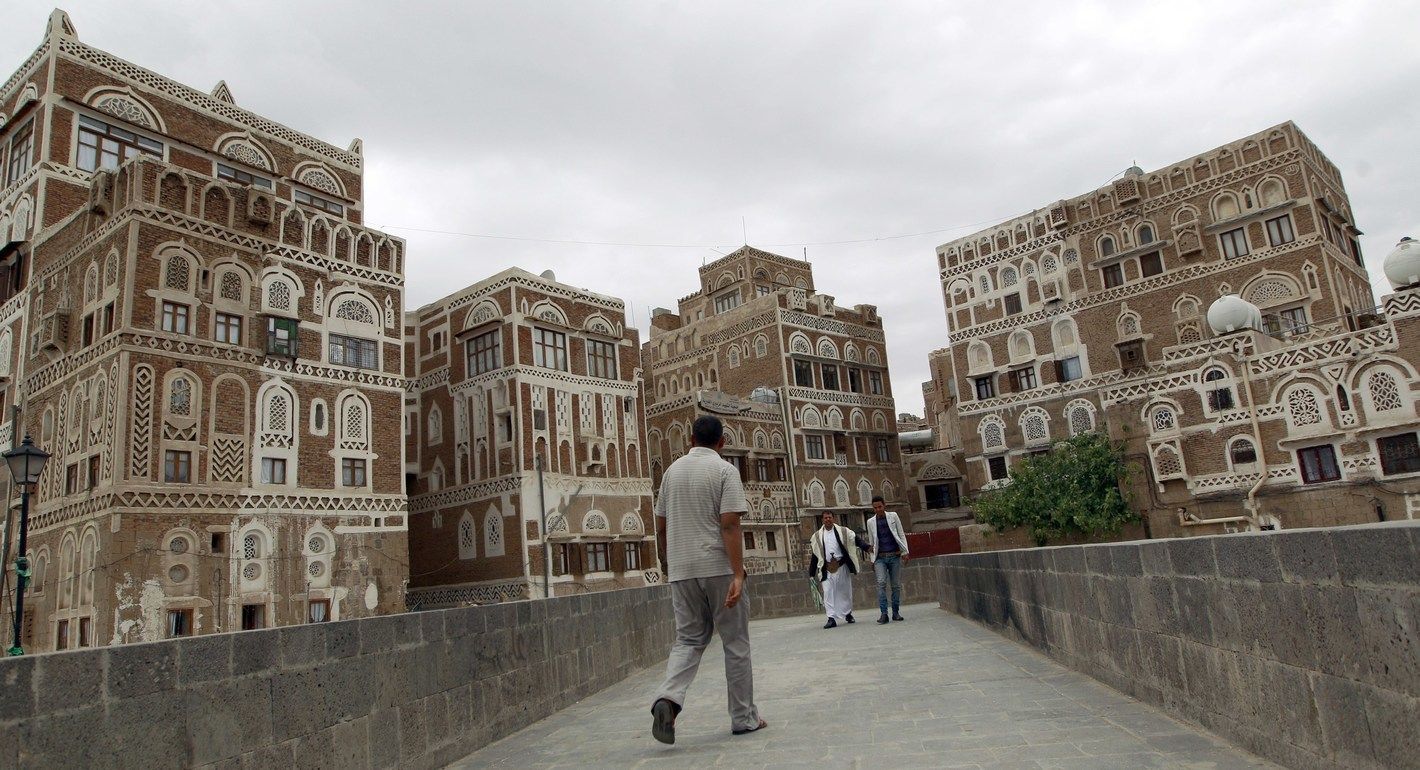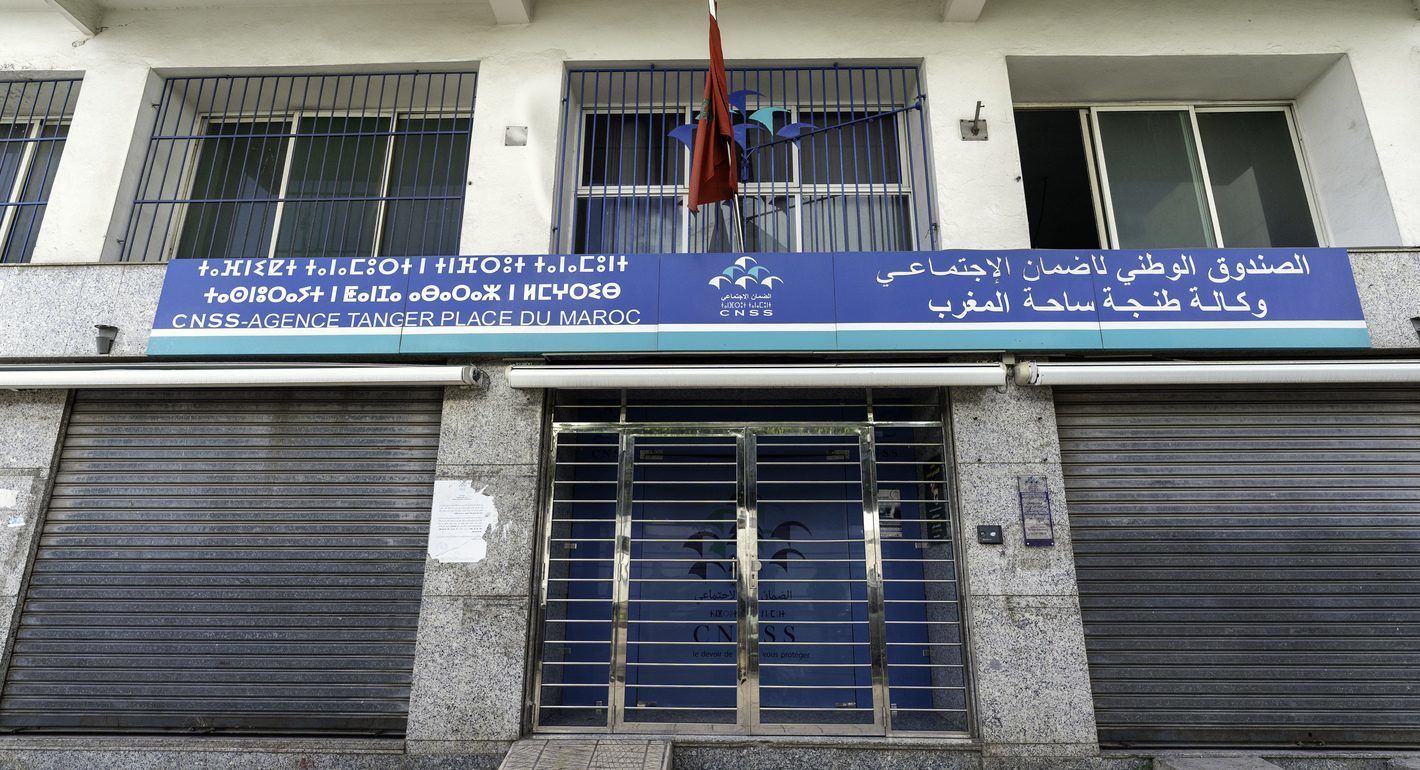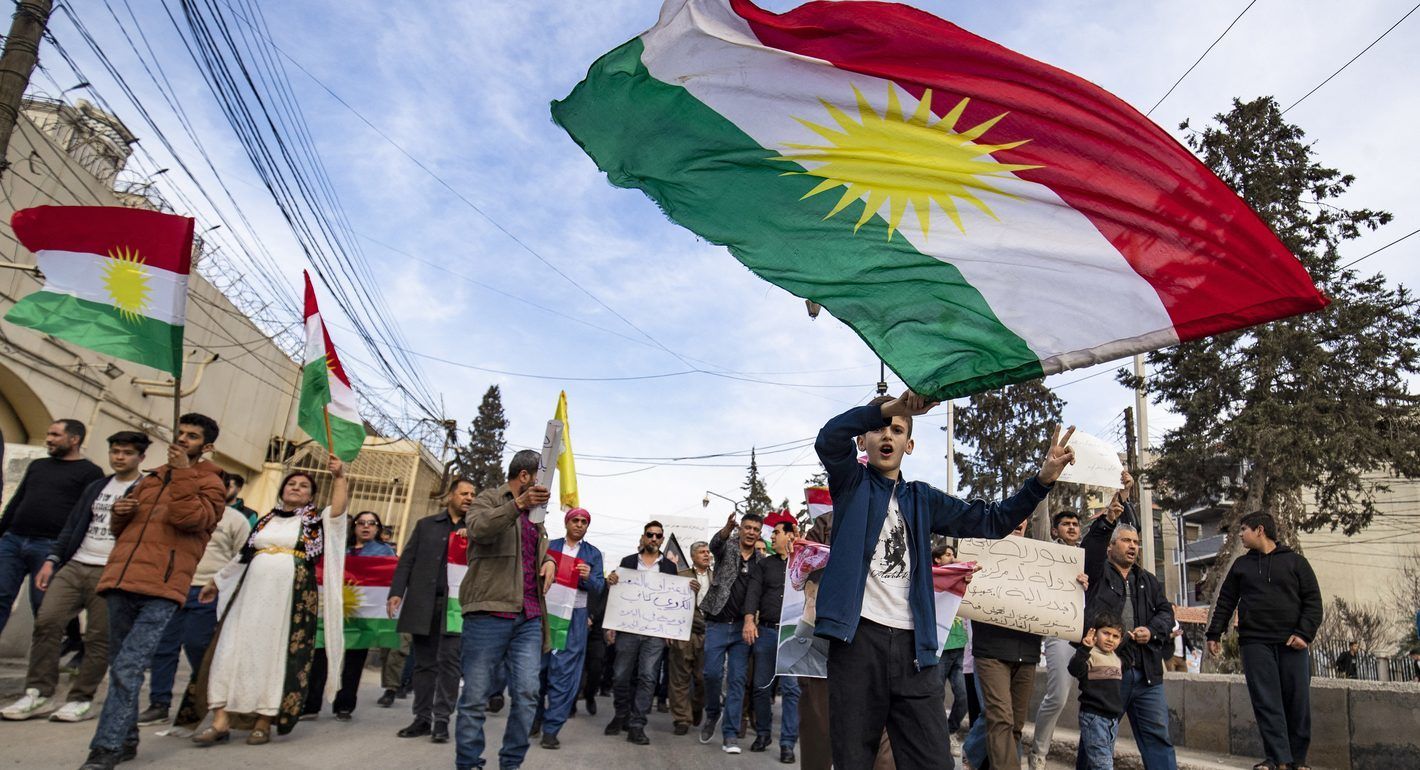Since coming to power last October, Ennahda’s response to religiously motivated criminal acts has been marked by confusion and reluctance to promptly prosecute the jihadi Salafis generally thought responsible. Recent attacks on the US Embassy and American School in Tunis, however, raised expectations that Ennahda might change tack—toughening its formerly lenient approach to violent strains of jihadi Salafism like Ansar al-Sharia. While the Embassy attacks tested Ennahda’s patience with jihadi Salafism, the party remains unwilling to pursue a comprehensive crackdown on the movement and will likely continue its relatively hands-off policy of integration and conciliation.
Ennahda’s motivations for adopting this accommodationist approach remain underexplored and overshadowed by a flurry of conspiratorial rumors concerning its relationship with Salafism. The party’s opponents have been eager to paint Salafis as “Ennahda’s militia.” This argument ignores major tensions between the two movements and gives short shrift to Ennahda leaders’ rationale for adopting this inclusionary approach.
Underpinning Ennahda’s integrationist strategy is its leaders’ belief that political inclusion and Islamic education provide the best means for neutralizing the potential violence of jihadi Salafism. Ennahda leaders tend to view the country’s jihadi Salafis as wayward children—younger, more confused versions of themselves who never had the chance to be properly educated in a more cerebral form of “Tunisian Islam,” which they generally describe as moderate, tolerant, and inclusive. Cracking down on young Salafis or demonizing them will, in Ennahda’s view, only serve to further marginalize and isolate them. Personal experience also shapes the now-ruling party’s views regarding political inclusion. Former president Zine el-Abidine Ben Ali sought to malign Ennahda as a terrorist group in the 1990s, and many of the party’s leaders were imprisoned or exiled, where they seem to have internalized the notion that dialogue and political representation offer effective alternatives to extremism.
Privately, leading members of Ennahda routinely blame Ben Ali’s regime for jihadi Salafism. By positioning police officers in mosques, scripting Friday sermons, and coopting religious institutions like Zeitouna Mosque, the old regime “deprived mosques of their true function,” according to Monia Brahim, a member of Ennahda’s shura council. “Ideally, the mosque is a place of discussion, liberal education, and exchange. Under Ben Ali, mosques couldn’t exercise their role, so young people turned to conservative sheikhs on the TV and internet.” For Ennahda’s leadership, the road to Salafi integration runs through a reactivated Zeitouna Mosque and the strengthening of Salafi political parties, often led by Salafi scripturalists whom Ennahda hopes can promote peaceable readings of Islam and eventually convince anti-democratic young jihadis to engage in the political system.
Political considerations also factor into Ennahda’s approach. With the prospect of elections looming next June, Ennahda is loathe to cede the mantle of Islamism to upstart groups like Hizb al-Tahrir or Ansar al-Sharia. The party may fear that rounding up radical young demonstrators could imbue them with a sense of martyrdom, potentially increasing jihadi Salafism’s appeal as a righteous alternative to party politics. Many Tunisians who voted for Ennahda as the party of change last October have been disappointed by its inability to improve the economy or affect what they see as real, Islamizing reforms, such as enshrining sharia in Article 1 of the draft constitution. Such feelings of disillusionment have lent momentum to the jihadi Salafi movement, which argues for uncompromising Islamization and the immediate adoption of sharia law.
Ennahda has attempted to diffuse Salafis’ demands by consistently addressing them in inclusive, almost pacifying terms, stressing that they form part of the fabric of Tunisian society, and entreating them to consider a more patient, gradualist approach to Islamizing reforms. A controversial recent video of Rachid Ghannouchi shows him imploring “our brothers,” the Salafis, not to hurry—to “take time to digest” how far Tunisia has come in securing more freedoms for religious practice. Ghannouchi implies that before rushing to impose sharia, Tunisians must be better educated to understand what sharia truly is. The emphasis here, as in so many Ennahda speeches, is on gradualism.
Additionally, disorganization and internal disagreements have contributed to the sense of gridlock and inaction surrounding Ennahda’s response to jihadi Salafi violence. Differences of opinion between liberal figures like Samir Dilou and Abdelfattah Morou (who was assaulted by a Salafi militant in August) and conservative members like Sadok Chorou and Habib Ellouze have further complicated attempts to hammer out a clear, streamlined response to the problem. The party has had difficulty transitioning its identity from that of victimized opposition to proactive, assertive government. Leaders’ lack of political experience and clashes between certain British-influenced figures who were exiled and those who, like Sadok Chorou, remained in Tunisian prisons, are also compounding tensions.
Furthermore, the extent to which the government truly controls the ministries of justice and interior affairs remains poorly understood. Ennahda officials frequently argue that members of Ben Ali’s old party and secular opponents still active within the various ministries are trying their utmost to stymie the party’s proposed reforms. While these arguments may represent an attempt to pass the buck on ministerial responsibility, important tensions do exist between old regime employees and Ennahda’s recent ministerial appointees. The massive governmental upheaval following the revolution had the chaotic effect of upending well-established chain of command structures and blurring lines of bureaucratic responsibility.
Ennahda’s commitment to educating and integrating young Salafis is reasonable, and is likely to remain the cornerstone of its approach to dealing with more militant strains of Salafi activism. However, acts of criminal violence must be met with the rule of law. Arrests, due process, and transparent trials should replace the impunity lingering on Tunisian streets, regardless of the perpetrators’ religious motivations and the political risks associated with their prosecution. Ennahda’s opponents are right to criticize the government for its hypocrisy in pursuing highly publicized show trials against artists and media activists while hesitating to charge and prosecute those responsible for the recent violence.
Ennahda’s failure to ensure security has left the party in a weak position regarding the rule of law. Beji Caid Essebsi, whose recently formed Nidaa Tunis party has rapidly corralled a growing number of center-left and secular forces, blamed the US Embassy attacks on the party’s “policy of tolerance.” President Moncef Marzouki has also appeared to gain political points from Ennahda’s failures, painting a heroic picture of his special presidential guards swooping in to take control of the situation after government forces bungled security measures during the US Embassy attack. Ultimately, Ennahda’s hands-off approach to dealing with these incidents has made the party unpopular with both secularists and Salafis, who frequently echo one another’s criticisms of Ennahda—excoriating it as an unprincipled and overly pragmatic party out for nothing but political gain.
Pandering to the right may seem a shrewd election strategy for Ennahda now, particularly since Essebsi’s party is gaining ground. By pacifying and pandering to the right, however, the party may be playing to a pipe dream—desperately trying to shore up popularity and religious credentials with a group of Salafis who already view the movement as impious, unprincipled, and American-influenced. Many young jihadi-Salafis already resent the paternalistic attitude, accusing the party of talking down to them. Ennahda may be better advised to stake its claim on center-right territory and redouble its efforts to improve the economy and apply the rule of law equally to prosecute all those guilty of criminal acts. Such a path could redynamize the party as a representative, principled force against impunity in Tunisian politics and strengthen the critically important issues of transparency and rule of law.
Monica Marks is a Rhodes Scholar and doctoral candidate in Middle Eastern Studies at St. Antony’s College, Oxford. She is currently conducting field research in Tunisia.

